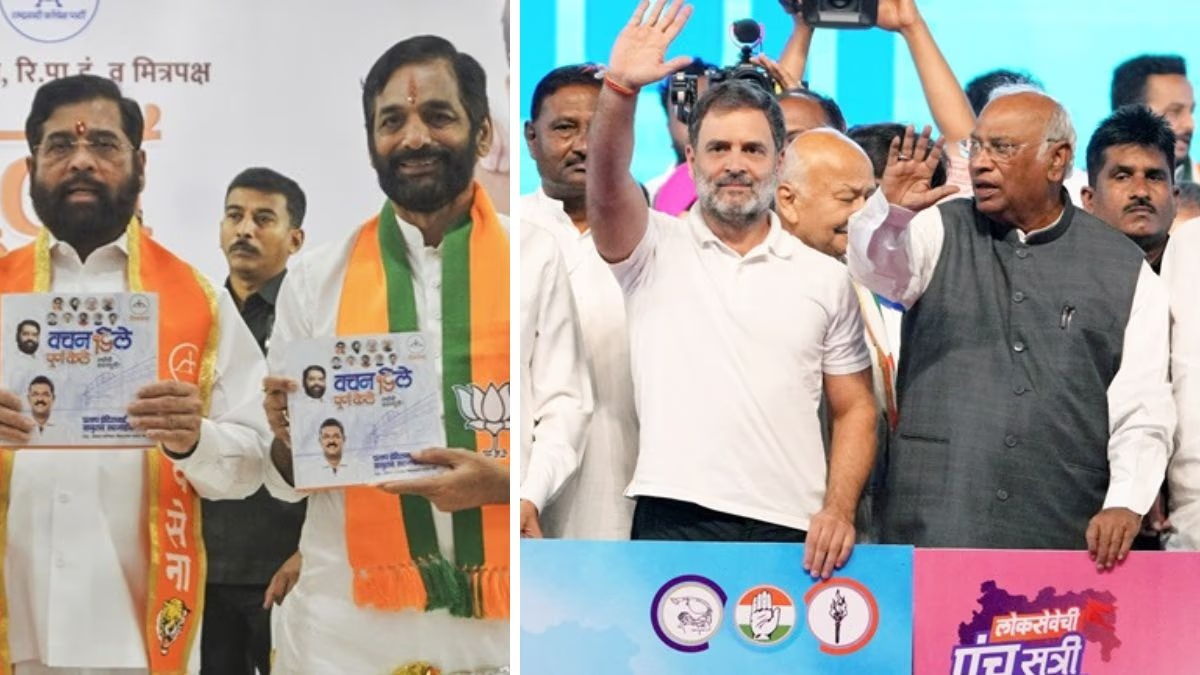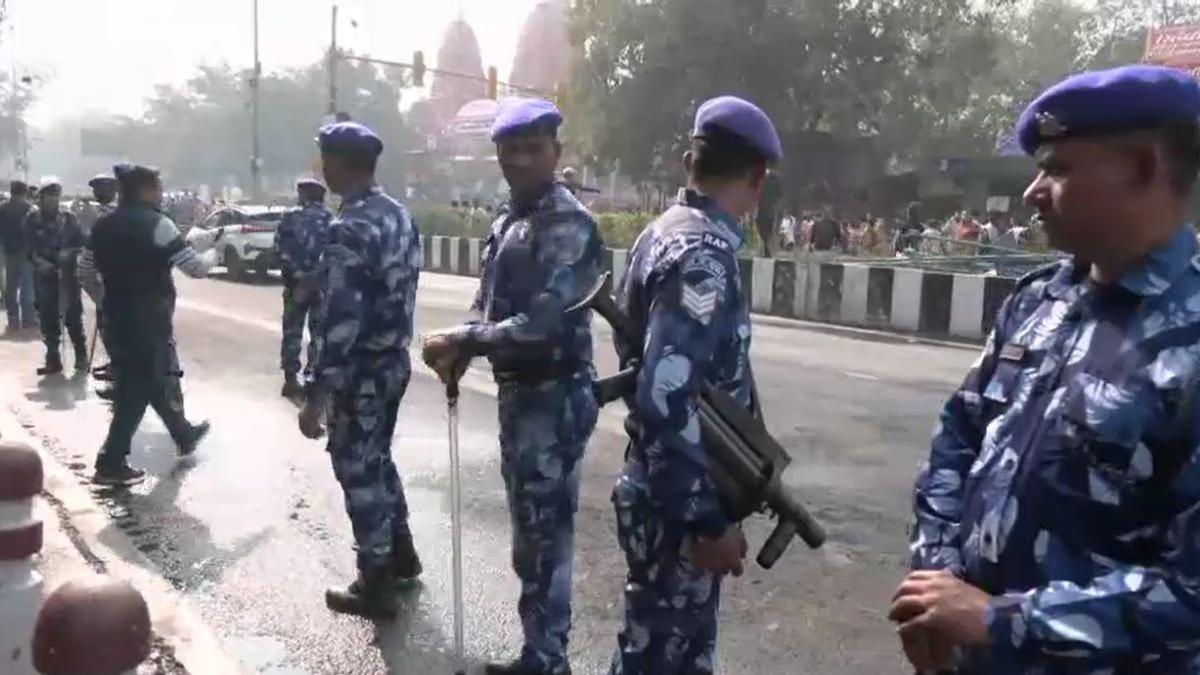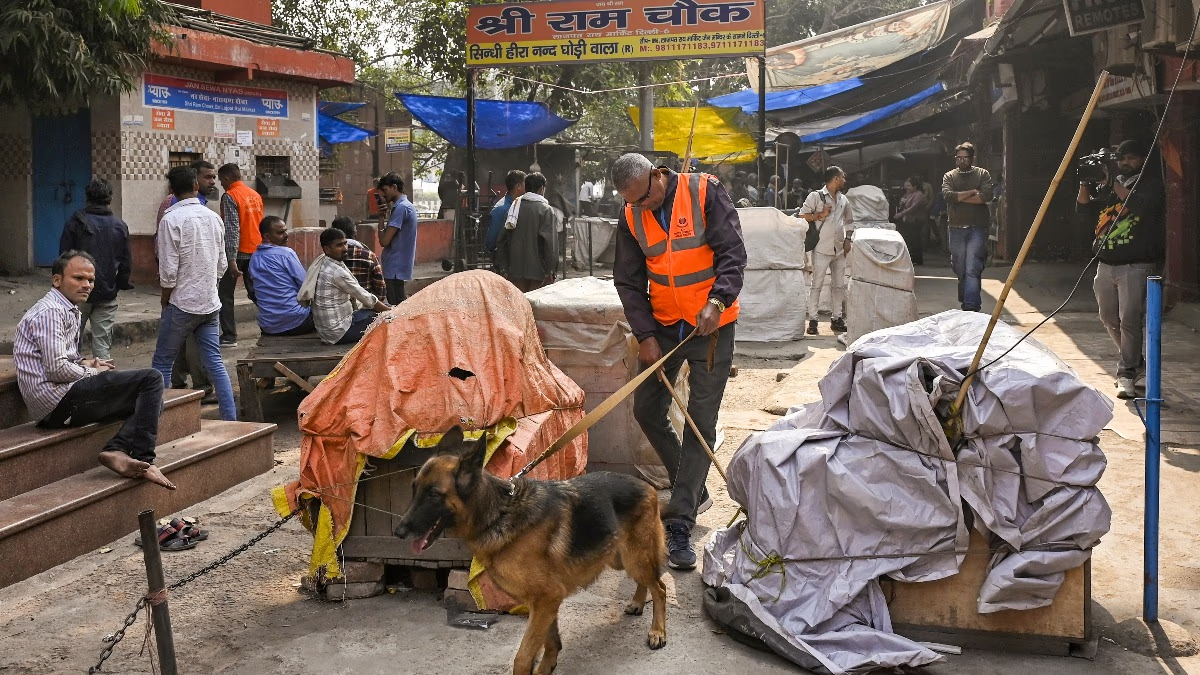As the Maharashtra elections approach, the ruling Grand Alliance released its manifesto on November 5, promising to waive farmers' loans. Notably, the Bharatiya Janata Party (BJP), traditionally not supportive of such measures, is a major partner in this coalition. On the following day, the opposition Maha Vikas Aghadi (MVA) held a 'Swabhiman Sabha' at Bandra Kurla Complex in Mumbai, offering their five guarantees for the election. During this significant event, the rendition of 'Jayostute', written by Veer Savarkar, caught everyone's attention, especially given that Rahul Gandhi has been vocal against Savarkar.
The promise of farmer loan waivers by the alliance led by BJP and the singing of Savarkar's composition in Rahul Gandhi's presence are both intriguing topics of conversation. This scenario is also seen as a reflection of the dynamics within MVA, highlighting the influence of leaders like Eknath Shinde and Ajit Pawar, alongside Sharad Pawar and Uddhav Thackeray's leadership. But is the situation really that straightforward? To understand the underlying dynamics, it's essential to delve into Maharashtra's zonal politics.
Understanding Maharashtra's Six Zones
Maharashtra, with its 288 assembly seats, is divided into six zones. Politically, Western Maharashtra is the largest with 70 seats, while North Maharashtra, with 35 seats, is the smallest. Vidarbha has 62, Marathwada 46, Thane-Konkan 39, and the Mumbai region comprises 36 assembly seats. Each region has its unique issues, political inclinations, and dominant parties. For some areas, Congress has been predominant, while in others, BJP holds sway. Certain regions are bastions for the NCP, while others favor Shiv Sena. Which party dominates which zone?
Marathwada: A Traditional Congress Stronghold
The Marathwada region in Maharashtra has historically been a Congress stronghold, home to powerful leaders like former Chief Ministers Shankarrao Chavan and Ashok Chavan. However, recent elections have altered this landscape. In the predominantly Maratha region, Congress's popularity has waned over the last two elections. In 2014, BJP emerged as the leading party in Marathwada, securing 15 seats, while Congress managed only nine. Shiv Sena (united) and NCP (united) captured 11 and eight seats respectively. By 2019, BJP won 14, Shiv Sena 13, and NCP eight seats, but Congress was reduced to eight, losing one seat.
Rising disfavor for Congress in Marathwada is also linked to Rahul Gandhi's critical stance against Veer Savarkar, impacting local sentiments. Yet, the recent Lok Sabha polls showed signs of a revival as Congress performed better in Marathwada, rekindling hopes of reclaiming lost ground. The performance of 'Jayostute' with Rahul present is seen as an attempt by Congress to extend an olive branch to the Maratha community.
Shiv Sena Dominance in Thane-Konkan
In the Thane-Konkan region, Shiv Sena maintains a strong presence. During the latest Lok Sabha elections, Shiv Sena led by Eknath Shinde proved formidable, leading in 12 out of 39 seats in this region. When translated to assembly dynamics, Uddhav Thackeray’s Shiv Sena (UBT) showed its strength with nine seats, while BJP secured 11, and Ajit Pawar's NCP gained four. Sharad Pawar's NCP took two. Thane is a Shinde stronghold, while Konkan remains under Uddhav's firm grip.
NCP's Fortified Position in Western Maharashtra
Western Maharashtra is synonymous with Sharad Pawar of the NCP, marking this zone as their bastion. In the 2019 assembly elections, NCP garnered a majority of its seats from this area. If we evaluate the Lok Sabha results in terms of assembly seats, NCP led by Sharad Pawar commanded 19 seats out of the 70 available here, with BJP securing 17, Shiv Sena (Shinde) 11, while Ajit Pawar's contingent captured two, Congress ten, and Uddhav's Shiv Sena six. The Maratha voter base is significant here as well.
BJP's Stronghold in Northern Maharashtra
Over the past two elections, BJP has established dominance in Northern Maharashtra. In the recent Lok Sabha assessments based on assembly segments, BJP forged ahead in 20 out of 35 constituencies in northern Maharashtra. In contrast, Eknath Shinde's Shiv Sena led in two, Congress in five, NCP under Sharad Pawar in four, and Uddhav's faction also secured four.
Vidarbha's Role and the Farm Loan Waiver Promise
The Vidarbha region has been associated with BJP, partly due to the presence of the RSS headquarters in Nagpur. Prominent BJP figures like Devendra Fadnavis, state president Chandrashekhar Bawankule, and Nitin Gadkari hail from here. However, in the recent Lok Sabha polls, Congress outperformed BJP, gaining a lead. Assembly-wise, BJP prevailed in 15 Vidarbha constituencies, with Congress ahead in 29.
Political analyst Amitabh Tiwari believes if Congress maintains its momentum in Vidarbha from the Lok Sabha elections, it could pave a smoother path to power for MVA in the state. The decisive outcome for Mumbai's seat of power between the Grand Alliance and MVA might hinge on BJP and Congress's performance in Vidarbha.
Ultimately, Vidarbha's role is critical in determining which coalition will hold power. The region's farmers, frequently spotlighted for distress, are pivotal. It is speculated that the Grand Alliance's promise of farm loan waivers aims to ensure farmers in Vidarbha continue their support for the BJP.




